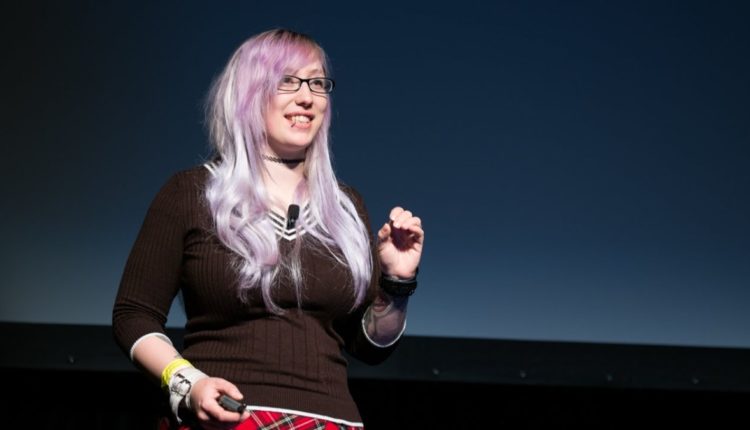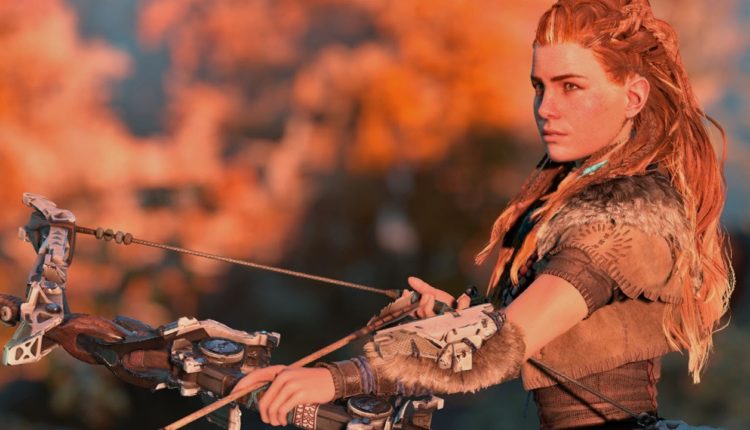Gamergate: The Ugly Side of an Industry Built on Fun
It’s 2014. Twitter is rising among the ranks of the most used social media platforms. Out of the millions of hashtags created, one began to catch fire some years back. It stood for sexism. It stood for oppression. It was called Gamergate.
Social and cultural issues are abundant in the world of technology. From behind the safety of a keyboard, anyone can attack or defend almost any issue you can think of. This type of behavior is precisely what happened when Gamergate began to spread its message of hate on the Internet.
This was three years ago. Today, you live in a post-Gamergate world. And you may not feel as if anything has changed. However, if you want to understand the state of the gaming world in 2017, it’s essential to comprehend what Gamergate was and the effect it had in the immediate aftermath of its inception.
To Understand the Future, Consider the Past.
Per a fairly familiar storyline throughout history, the whole controversy was originally sparked by one angry man. The man in question is Eron Gjoni, the ex-boyfriend of female game developer Zoe Quinn. When things became heated between the two, he couldn’t let the relationship go. So, what did he do? He began to attack Quinn’s character; the fall out of which resulted in the abuse of a slew of other women online as well.

Using a rumored and unethical relationship between Quinn and a journalist as fuel for the Gamergate fire, Gjoni published a series of blog posts that took numerous shots at Quinn, including allegations that she had cheated on him with five other men. These posts caught fire with like-minded individuals, and soon enough, Gamergate snowballed in popularity.
Quinn was the target of a barrage of harassment from the followers of the trending movement. She was threatened with everything from rape to straight-up murder. The misogynistic campaign soon spread to take aim at other women involved in the video game industry. Feminist critic Anita Sarkeesian and game developer Brianna Wu were a couple of the movement’s other main targets.
The controversy shone a spotlight on how male-centric the video game industry is. But, from tragedy, hope can emerge. Three years later, the gaming industry looks a bit better, and women are playing a stronger role.
The State of the Industry Today.
Post-Gamergate, the video game industry has taken drastic steps for the better. As the controversy died down, many voices began lending their support to the fight against the misogynistic undertones of the gaming community.
However, before the support could come from within, the industry took a public relations hit. When the Gamergate controversy reached the eyes and ears of people outside the gaming community, it didn’t shine the best light on gaming as a whole.
People who had been decrying video games in general now had more fodder for their stance. They held up Gamergate as an example of why gaming, in general, is a toxic practice embraced by an equally toxic community. However, the way developers and other people in the industry stepped up made the detractors eat their words.
[perfectpullquote align=”right” cite=”” link=”” color=”#70006c” class=”” size=”19"]Opening people’s eyes to the sexual discrimination and lack of diversity inherent in gaming has been one very positive outcome[/[/perfectpullquote]p>
In one of the most public examples of the Gamergate backlash, tech industry giant Intel pledged $300 million for the Diversity in Technology program. The program focuses on helping women break into the tech industry by providing training for things such as coding and IT support.
Gamergate also forced some major publishers to improve their practices. Peter Moore, former CEO of Electronic Arts’ EA Sports division, said the controversy made him reconsider some of his long-held ideas about the gaming industry and community. Opening people’s eyes to the sexual discrimination and lack of diversity inherent in gaming has been one very positive outcome of the campaign of hate.
As a response to the Gamergate controversy, innovators also created companies to reduce online bullying. For example, Quinn developed the Crash Override Network, a group of experts who counsel victims of online harassment. Not only does the Crash Override Network provide counseling and advice, they also provide links to legal authorities who can intervene on behalf of victims.
It’s a beautiful situation when positivity arises from a negative controversy. However, another significant change has come from the video games themselves.
The Push of the Future.
In the three years since Gamergate, a major movement has emerged to give females a more central role in all aspects of the video game industry. One of the most critically acclaimed games of 2017 was Horizon: Zero Dawn. Starring a female protagonist who comes from a matriarchal society, the game proves strong central characters don’t have to be males.
Horizon: Zero Dawn is just one example of a blockbuster video game whose storyline is driven by powerful women. Another popular new game with women in a central role is the PS4’s Uncharted: The Lost Legacy. Besides being an astounding game in and of itself, the storyline upends the traditionally male-driven Uncharted franchise by putting women in the lead roles. This video game has had an incredible reception, and the best thing is that the characters don’t feel forced.

A third fantastic game that proudly boasts a female lead is Hellblade: Senua’s Sacrifice. Not only does this psychological horror game contain a female lead, but it also delicately deals with issues such as mental health.
These three examples are just the tip of the iceberg. With a wealth of female-led games and concepts planned in the future, it’s safe to say the video game industry has emerged from the blatant misogyny of the Gamergate controversy stronger and more committed to diversity than ever before.
The Aftermath of Gamergate.
The movement that started in 2014 ended up doing the opposite of its intended goal. Instead of holding back women in the industry, Gamergate only strengthened everyone’s resolve to improve diversity in the gaming community. And by sparking conversation both in the gaming community and the feminist community, Gamergate victims were able to turn the movement on its own head and create positive change. Corporations, businesses and the video games themselves reflect all the hard work that has gone into the long-overdue push toward equality in the gaming industry.

